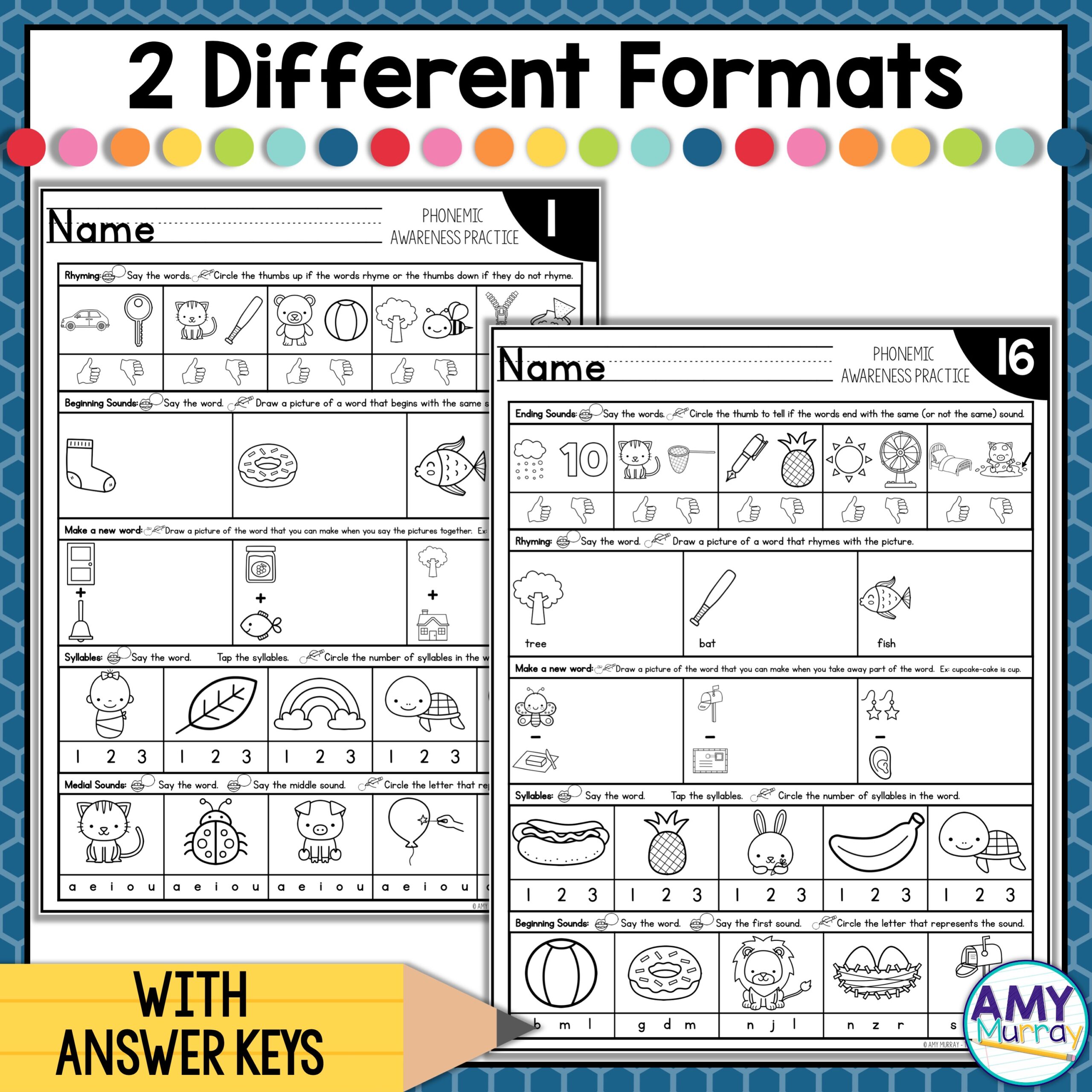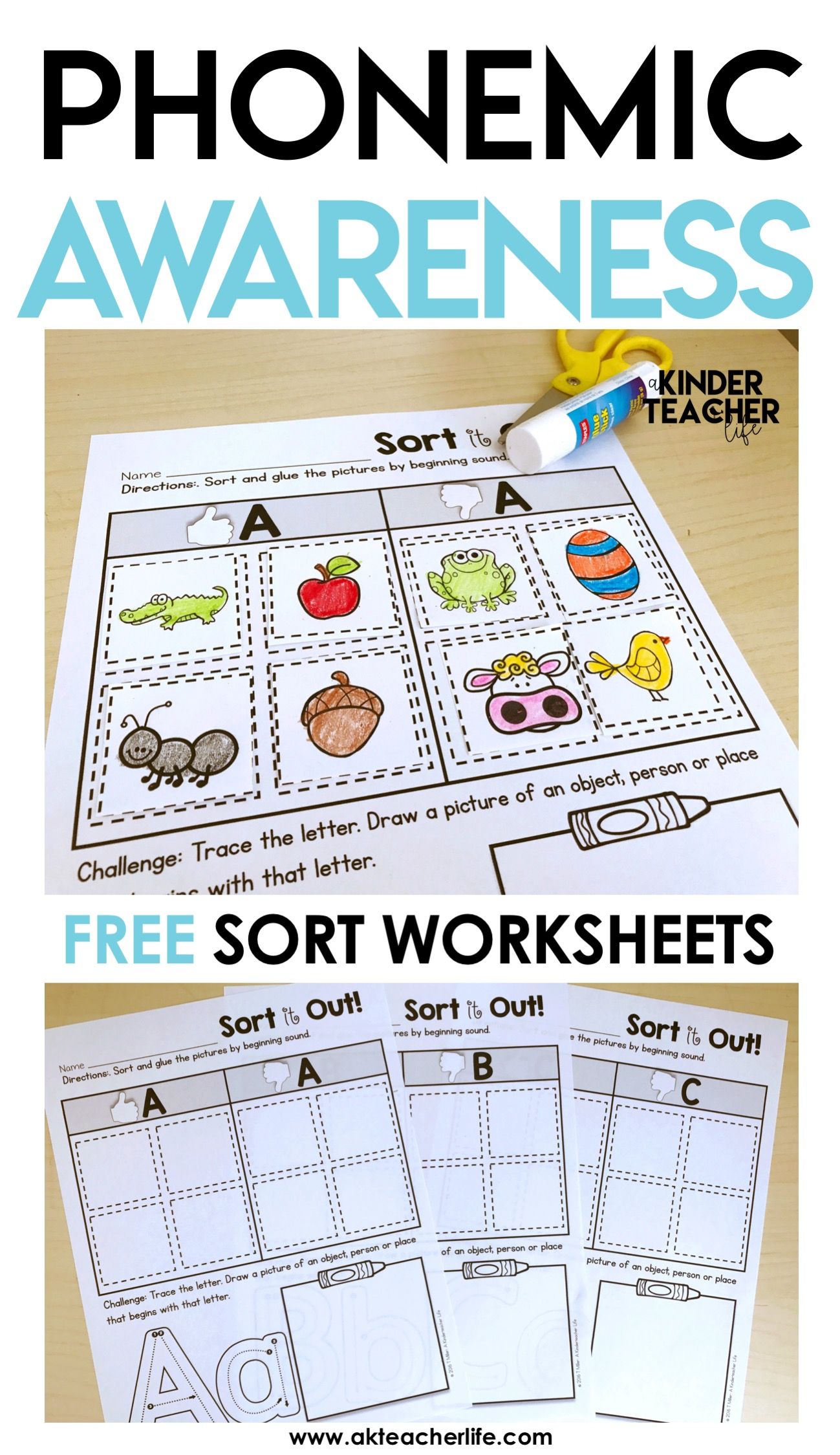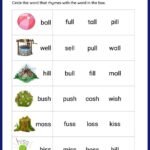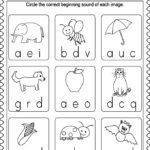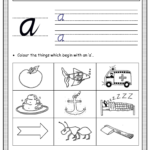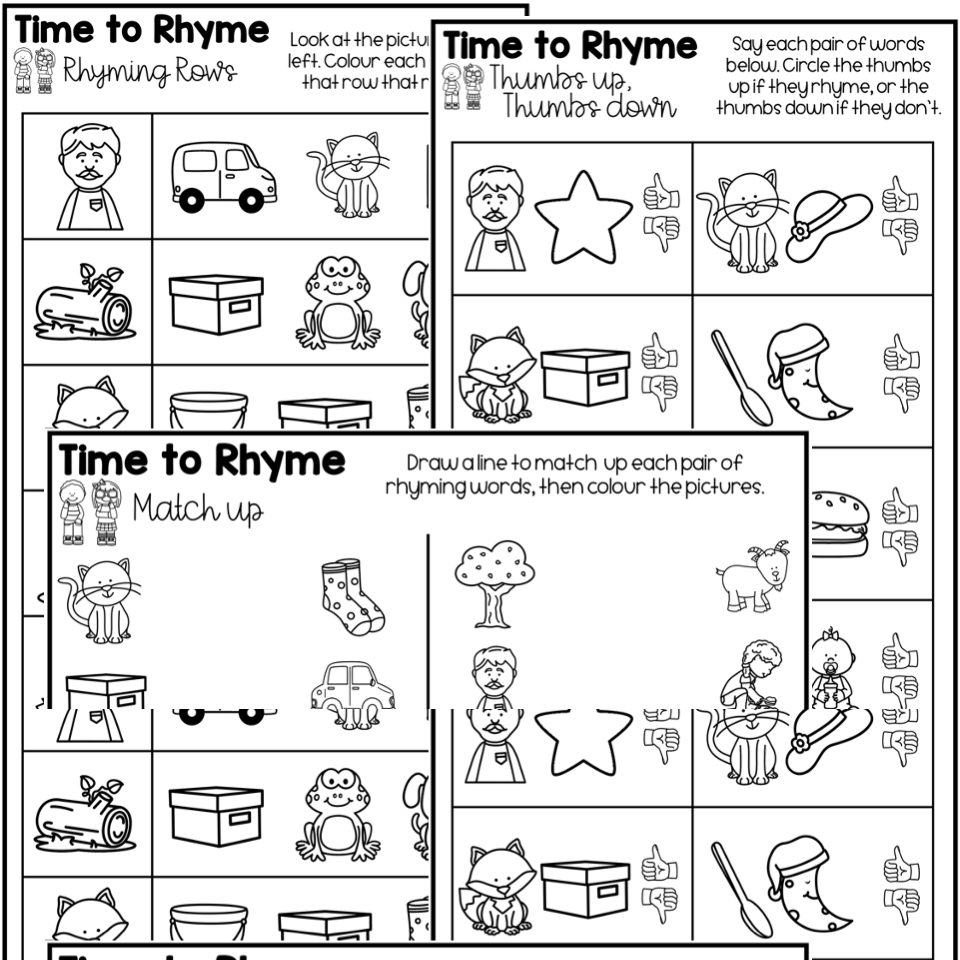Phonemic awareness worksheets are educational tools designed to help children develop their phonemic awareness skills. Phonemic awareness refers to the ability to hear, identify, and manipulate individual sounds, or phonemes, in spoken words. These worksheets provide various activities and exercises that target specific phonemic awareness skills, such as recognizing rhyming words, blending sounds to form words, segmenting words into individual sounds, and manipulating sounds to create new words.
Why is Phonemic Awareness Important?
Phonemic awareness is a crucial skill for early literacy development. It serves as a foundation for reading and spelling, as it helps children understand the connection between letters and sounds. By developing phonemic awareness, children become more proficient in decoding words, which is essential for reading fluency. It also enhances their ability to spell words accurately and improves their overall oral language skills.
How to Use Phonemic Awareness Worksheets
Phonemic awareness worksheets can be used by educators, parents, or caregivers to support children’s learning. Here are some tips for using these worksheets effectively:
1. Start with the Basics
Begin with simple activities that focus on one phonemic awareness skill at a time. For example, start with rhyming word exercises before moving on to more complex tasks like blending or segmenting sounds.
2. Provide Clear Instructions
Ensure that children understand the instructions for each activity. Use direct language and provide examples to clarify any confusion. If necessary, explain difficult words or concepts in simpler terms.
3. Encourage Active Participation
Engage children actively in the tasks by asking them to verbalize their answers or demonstrate their understanding. Encourage them to manipulate sounds by clapping, tapping, or moving objects to represent different phonemes.
4. Offer Positive Reinforcement
Praise children for their efforts and progress. Positive reinforcement helps motivate them and boosts their confidence in their phonemic awareness skills. Celebrate their achievements and provide constructive feedback when necessary.
5. Make it Fun and Interactive
Incorporate games, songs, or hands-on activities into the worksheets to make the learning experience enjoyable. Use colorful visuals and engaging materials to capture children’s attention and make phonemic awareness practice more exciting.
Conclusion
Phonemic awareness worksheets are valuable resources for developing essential literacy skills in children. By using these worksheets and following effective strategies, educators, parents, and caregivers can support children in acquiring strong phonemic awareness skills, which are vital for their future reading and spelling success.
Phonemic Awareness Worksheets
FREE Phonemic Awareness Sorting Worksheets
Teach Child How To Read Phonics Awareness Worksheet Free For Kindergarten
FREE Phonemic Awareness Worksheets
Free Printable Phonemic Awareness Activities
30 Phonemic Awareness Worksheets Worksheets Decoomo
